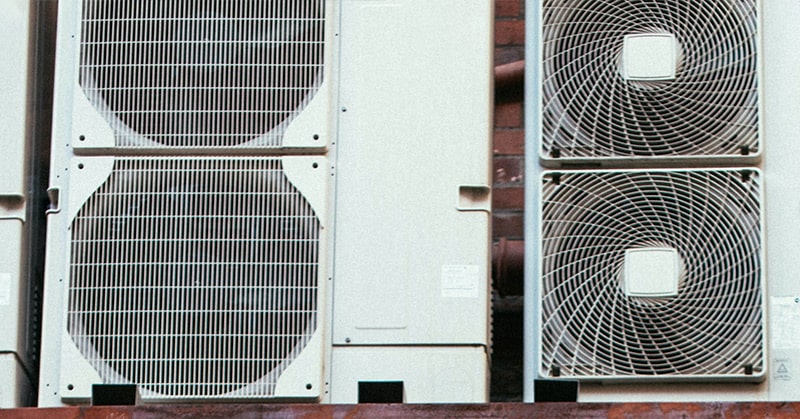Air conditioning systems are very expensive to replace, and it’s tempting to try to save costs wherever possible. When one unit of your air conditioning system fails, replacing one unit while keeping the older, still-functioning unit sounds like a practical cost-saving measure. However, mismatched air conditioning components can have a negative effect on the efficiency, reliability and life-span of your system.
The indoor and outdoor units of a residential air conditioning system function together despite the fact that they are split into two units. As a result, the system suffers stress when the two units have dissimilar components that were designed to work at different levels of efficiency.
You Can’t Teach Old Coils New Tricks
When mismatched air conditioning components are forced to work together, it can put stress on the older unit and seriously compromise the function of the new unit.
Newer condenser coils are more efficient, have a larger, grooved surface area, and employ other enhanced features that improve their performance. Older coils do not have these features, and are often incompatible with new condenser coils.
New air conditioning units use thermal expansion valves with a hard shut-off to control their use of refrigerant. However, older units were not designed with a hard shut-off, and this feature can strain the components of older compressors.
Various technological improvements allow new air conditioning units to achieve much higher Seasonal Energy Efficiency Ratios (SEER) than older systems. When new units are paired with older units, the SEER of the overall air conditioning system drops well below the potential SEER of the new unit.
Consequences for Your System
All of these mismatched components can have serious consequences for the lifespan and efficiency of your air conditioning system. Manufacturer tests have demonstrated that systems with mismatched components have less cooling ability, lower operational efficiency and a tendency to break down or fail altogether. These tests suggest that the odds of the compressor in a mismatched system failing within the first year are as high as 45 percent.
The incompatibility of mismatched components means that replacing only one unit of your air conditioning system is not the smart, cost-saving move that it appears to be. This moves comes with a variety of hidden costs, from the higher cost of running an inefficient system to the cost of replacing system components when they breakdown from undue stress. Although you will spend more money upfront to replace both air conditioning units, this option is actually more likely to save you money and headaches in the future.
Thank you for reading! Follow our blog for more expert information about cooling and heating your home.








